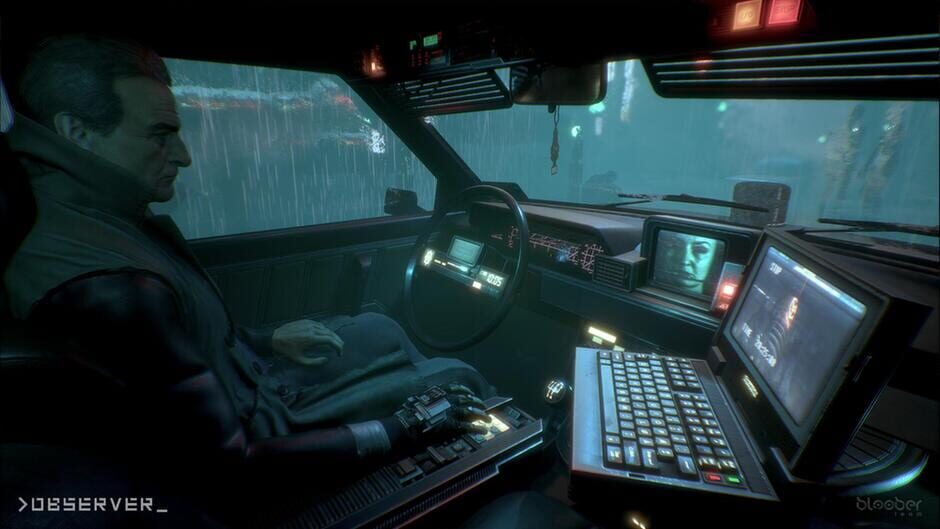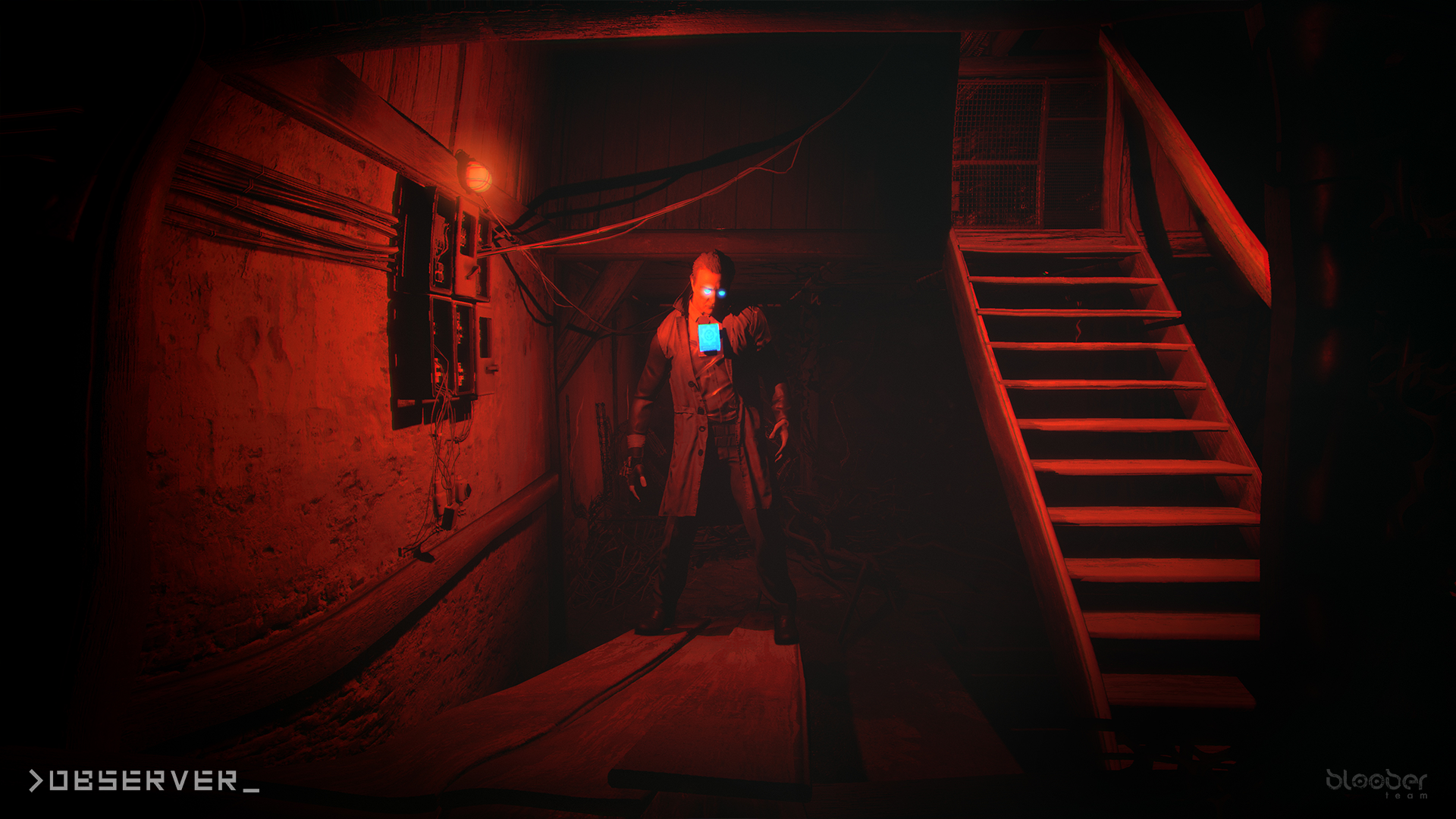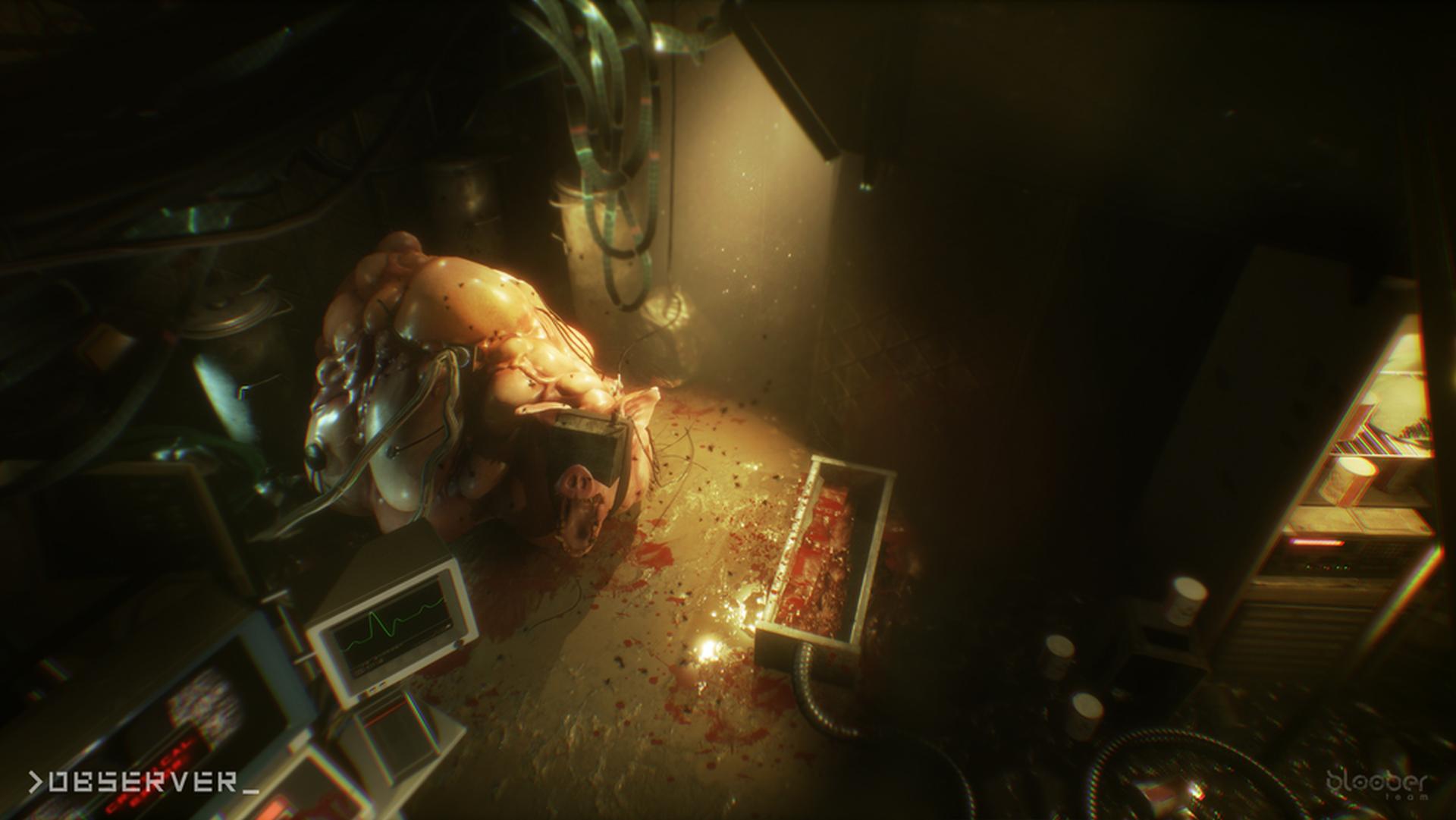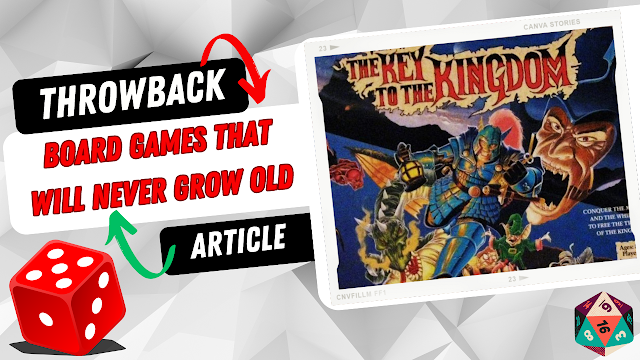Game Title: Observer
Developer: Bloober team
Platform Reviewed: PS4
Rating: Ice Cool
Everything is improved by adding Rutger Hauer, the movie veteran of classics such as Blade Runner (most applicable here), Salute of the Jugger, The Hitcher, Surviving the Game and dozens more besides (yes, even Armageddon with Mark Dacascos, a better film than the 1998 Michael Bay one) provides the physical basis and voices the protagonist of Observer, Daniel Lazarski.
A cop for the KPD (Krakow Police Department), his speciality is hacking into neural implants and ‘observing’ memories to piece together crime scenes. Set almost exclusively in a rundown tenement building in a dystopian Poland, Observer manages to convey a rich world full of dubious history in a relatively claustrophobic setting. Good.
The story begins with Lazarski sitting in his patrol car under the constant darkness and perpetual rainfall of a hazy, smoke-filled Krakow, receiving a fragmented and seemingly off-grid message from his distant son, Adam. Lazarski heads over to the building that the call was traced to and begins his search…
Presented in the first-person perspective, the first thing that grabbed me about Observer was the richness of the setting, you can almost feel the air hum with electricity as you make your way through the shady apartment complex, exposed cabling fizzing around you as you interact with the many inhabitants of the building. The majority of the game is spent piecing together the ever-expanding narrative by talking to people (usually through closed doors, due to the lockdown that the building has mysteriously entered) and finding scattered clues. Lazarski has various tools at his disposal to assist him along the way, as well as his ‘standard’ vision, his augmentations allow him to also search in a ‘bio’ mode when dealing with crime scenes as well as an ‘electromagnetic ‘ mode which allows him to access neural implants and pick up on certain tech in an area. His augmented state also means that he needs regular doses of a drug called Synchrozine, else his vision will slowly degenerate, causing visual artefacts to grow more and more prominent, interfering with the case.
Aside from wandering the building, solving (surprisingly well-integrated) combination puzzles and various other logic-based fares, the game takes a real turn whenever you need to ‘interface’ with someone’s neural implant in order to gain clues from their memories. This section of the game really took me by surprise, as I approached the first person I needed to do this with, (a mute, wounded man lying in a ruined open-plan bedroom surrounded by blood and gore) I assumed I would see a short clip of the last few minutes of his life so that I would know how he was attacked….no….what actually happens is a fully-fledged Lynchian nightmare. Upon entering someone’s memories, you are treated to horrendous, fragmented imagery, glimpses of key moments in their lives that, along with computer logs, emails and pictures found on PCs allow you to get a fuller view of the person(s) that you are dealing with. The epilepsy warning featured at the start of the game is well-placed as I delved into broken nightmare scenarios from the twisted minds of these poor C-class citizens, re-living their worst moments and hidden fears.
There are caveats, however. As with Bloober Team’s previous title, Layers of Fear, there are some serious frame-pacing issues. When in a location, the game runs smoothly but at seemingly all transitional phases in the game and in sections where the game is clearly loading, the frame rate really struggles and after a while it became quite irritating, I really hope they can get future titles running smoother on their proprietary engine, as, especially in narrative-driven titles such as this, it interferes with the flow noticeably. Another issue I had was with the stealth sections, as with the Amnesia games and various others in the genre, I don’t know why developers feel the need to introduce sections that feel cobbled together with insta-death scenarios, I’m not sure if I’m in the minority here but all they do for me is artificially extend the length and all seem to boil down to hiding behind something until something else walks off, I would be happy if I could avoid these sections entirely they add nothing to gameplay and are actually quite jarring.
Observer is a title I really, really enjoyed. The bleakness of the setting and the richness of the voice-acting from the cynical Lazarski, combined with the variety of characters in the game had me fully immersed; only removing me during the aforementioned stealth and laggy sections. Bloober Team has covered up budgetary constraints well with the ‘talking though doors’ mechanic brought in under the guise of a building lockdown but, even this worked in the games’ favour. The Vidcom interactions, complete with glitchy, stuttering gifs of facial close-ups reminded me of last year’s Beckett, which can only be a good thing. It’s a testament to the writing that the player can get such a fully-rounded interpretation of a mostly unseen person through only a few lines of dialogue.
Summary
If you are a fan of the cyberpunk genre, Rutger Hauer, a compact and well-paced story (the game clocks in at around 7-8 hours) or, god-willing, a combination of all of these, Observer should be right up your Strasse. I could really do without those stealth sections, though.
This is a game that won’t be lost in time, like…
❄️ RATING: ICE COOL ❄️
Ratings Explained
ICE COOL (Great Game Recommended)
MELTING (Recommended with reservations, one to consider if you are a fan of the genre)
MELTED (Not A Recommended Purchase)










No comments:
Post a Comment
Like what you see in the Games Freezer?
Why not tell us what you think with a few well-chosen comments? :)
Note: only a member of this blog may post a comment.